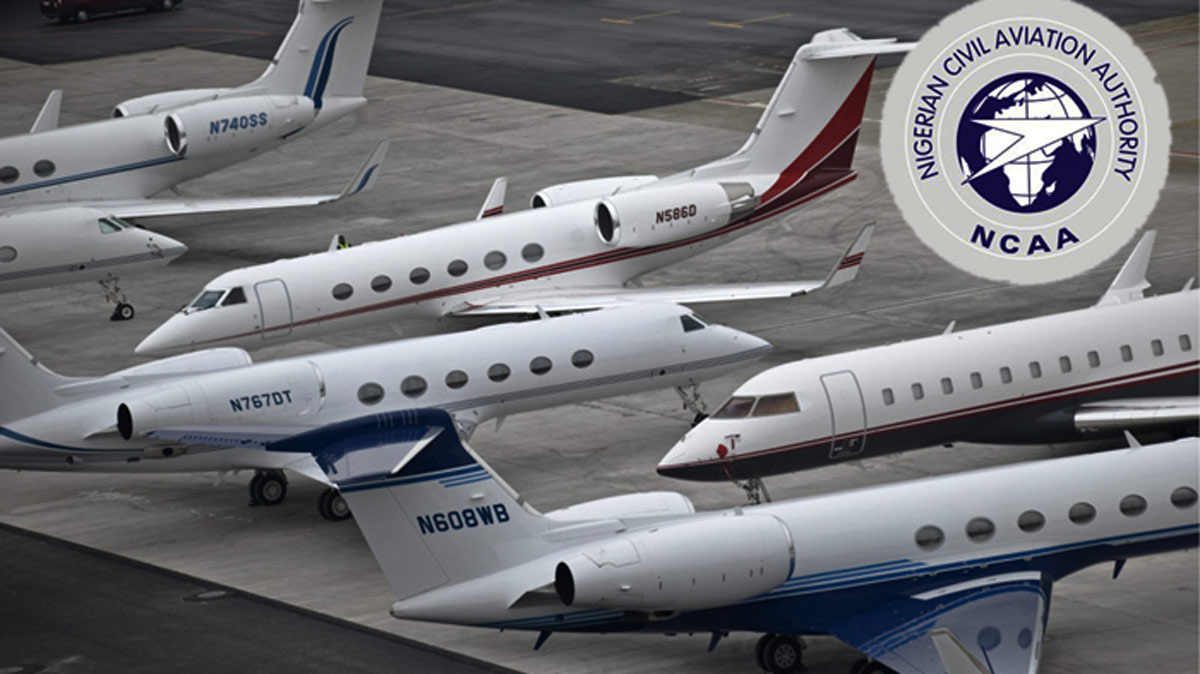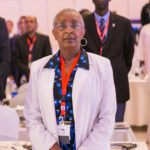
Although Nigeria exited recession last year, its effects are now taking a huge toll on the aviation sub-sector. THISDAY investigations showed that many private jet owners, since late 2015, have been finding it very difficult to maintain their financial obligations on their private jets in order to keep the aircraft in the air.
Financial commitments such as parking charges, fueling, remuneration for cabin crew, funding cabin crew training and aircraft maintenance have become a huge drain to private jet owners. THISDAY gathered that during the economic recession, most of the owners of private jets succumbed to the temptation of migrating their aircraft to charter services.
Operating charter service means that the private jet owner gives out his aircraft for charter services in order to earn revenue. From such earnings, he will be able to pay his crew, maintain the aircraft, pay for obligatory charges and possibly earn a profit.
But according to the 2006 Nigerian Civil Aviation Act, operating a charter service has a different procedure. The owner of the aircraft must attach it to an operator that has Air Operator Certificate (AOC); he must pay five per cent charges to the Nigerian Civil Aviation Authority (NCAA) from his earnings and five per cent Value Added Tax (VAT).
THISDAY learnt that many private jet owners have migrated to charter services but are not paying these monies. It was also gathered that some of them have not attached their aircraft to operators with AOC; yet, the NCAA has not started wielding the big stick because it is unable to identify those aircraft that are used for charter services. This is because neither the Nigerian Airspace Management Agency (NAMA) that gives start up to flights before they take off, nor NCAA could identify passengers who are being airlifted for charter and those who could be friends and relations of the owner of the aircraft.
Head of a company with AOC that provides service to charter aircraft told THISDAY on Tuesday that commercial aircraft, which are aircraft that operate charter, are usually subjected to rigorous checks by NCAA, but private jets are maintained at the whims of the owner.
“When you place your aircraft for commercial service (charter), government will make sure the aircraft is maintained and that pilots are trained as required by NCAA regulations. So NCAA protects the public by ensuring that the aircraft that they may need their service are safe.
“For revenue, if you fly commercial you give five per cent charge to NCAA and another five per cent for VAT but private jet owners do not pay these charges and taxes,” the source said.
The operator noted also that besides these aircraft not paying the taxes and charges, Nigeria may not be gaining much from the operation of these airplanes because most of them have foreign registration which by law makes it obligatory that pilots from the country of registration of the aircraft are the ones to fly them. They are also attached to maintenance facilities at the country of registration of the aircraft.
So what this means is that, the private jet operators do not make any financial commitment to the aviation industry. They pay foreign crew, maintain their aircraft overseas and only par for parking and sundry services. At the same time they still indulge in illegal practice of using their aircraft for charter services for which they earn revenues from.
The Director General of NCAA, Captain Muhtar Usman told THISDAY that most of the aircraft were acquired with companies names so the authority does not know the names of the owners of the aircraft. He explained that what makes it difficult to know the number of private jet in Nigeria is because people sell, they buy and some of them might be grounded.
On the predilection of private jet owners to register their aircraft overseas, the NCAA boss said that the regulatory authority has been trying to discourage foreign registration of private jets.
“We have been trying to discourage foreign registration of aircraft that operate in the country. When an aircraft is registered in Nigeria it will need a Nigeria licensed pilot holders. He doesn’t have to be a Nigeria if he has licenses issued by the civil aviation authority. But when you have an aircraft that is registered outside Nigeria then the regulations guiding who flies that particular aircraft or who maintains that aircraft rest with the country where the aircraft is registered.
“Of course, if the aircraft is going to be here, we also have to ensure that it is operating safely within our own system. NCAA and the Ministry of Interior are working to ensure that the jobs that are meant for Nigerians go to Nigerians. That is why we are working very hard to ensure that whatever belongs to us gets to us as Nigerians,” Muhtar said.
For NCAA to make the private owners to comply with its directives, it must employ stringent measures to bend the owners who are largely the highly placed in the Nigerian society.
THISDAY






